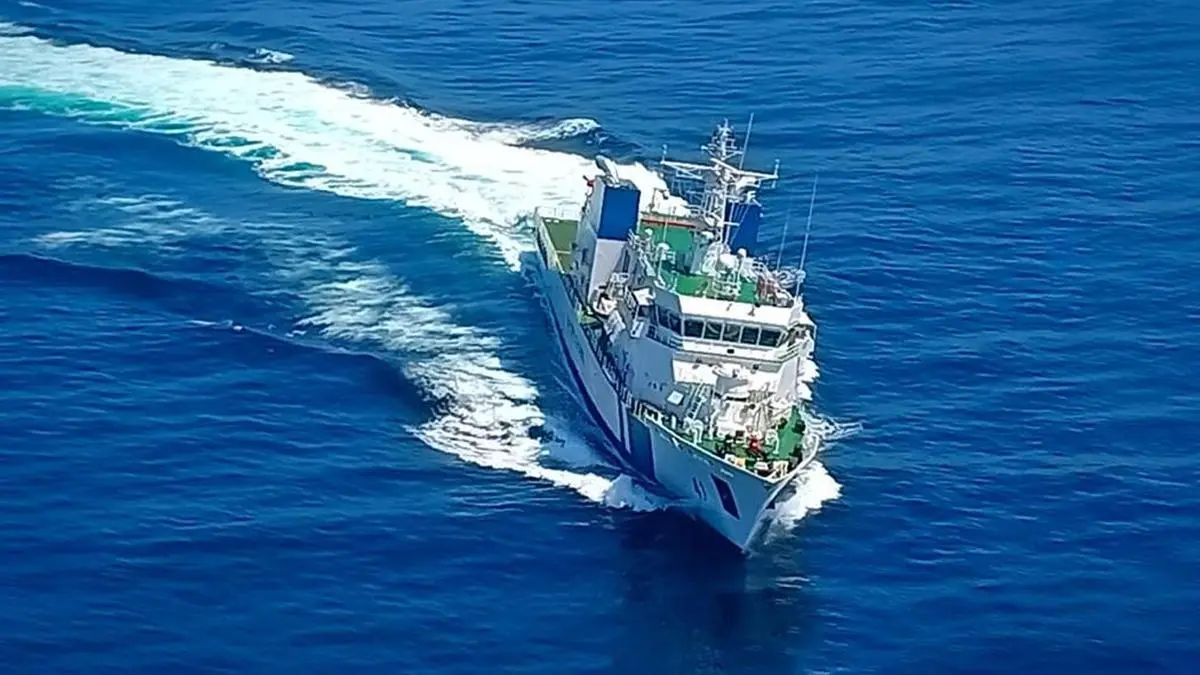India not to allow foreign vessels in EEZ waters, notifies Rules


Currently, around 2.38 lakh fishing vessels across 13 coastal States and Union Territories are registered on the portal
| Photo Credit:
HANDOUT_E_MAIL
The Centre has notified new rules for deep-sea fishing in the country’s Exclusive Economic Zone (EEZ), banning foreign vessels from operating in Indian waters to help empower fishermen and their cooperatives. The government also announced that it would be framing a National Plan of Action to deter illegal fishing practices in Indian EEZ.
Seen to unlock the potential of India’s vast marine resources, the new rules for deep-sea fishing in EEZ, which were part of Budget 2025-26 announcements, focus on empowering small-scale fishers and expanding the avenues for marine fisheries sector. The new framework prioritises Fishermen Cooperative Societies and Fish Farmer Producer Organisations (FFPOs) for undertaking deep-sea fishing using technologically advanced vessels.
“Under the EEZ Rules, an Access Pass is required for mechanised and large-sized motorised vessels, which can be obtained free of cost through the online ReALCRaft portal. But, the traditional and small-scale fishers operating motorised or non-motorised fishing crafts are exempted from obtaining an Access Pass. Foreign fishing vessels are not allowed to get the access pass to operate in India’s EEZ, under any arrangements, in order to safeguard the interests of small-scale fishers,” the Ministry of Fisheries f said in a statement on Saturday.
Currently, around 2.38 lakh fishing vessels across 13 coastal States and Union Territories are registered on the portal. Out of which, 1.72 lakh small vessels are exempt, but 64,187 mechanised fishing vessels will be required to obtain Access Passes for EEZ operations.
The ReALCRaft portal is under integration process with the Marine Products Export Development Authority (MPEDA) and the Export Inspection Council (EIC) for issuing Fish Catch and Health Certificates, which are mandatory for export to main international markets such as the US. This integrated digital system will ensure end-to-end traceability, sanitary compliance and eco-labelling, enhancing the global competitiveness of Indian marine products.
The government also said that a key innovation is the introduction of the “mother-and-child” vessel concept, which allows mid-sea transhipment under Reserve Bank of India (RBI) regulations, particularly beneficial for the Andaman, Nicobar and Lakshadweep islands, which account for 49 per cent of India’s EEZ area.
The government has banned harmful fishing practices such as LED light fishing, pair trawling and bull trawling to protect the marine ecosystem. Further, it said that minimum legal sizes for fish species will be prescribed soon, and Fisheries Management Plans will be developed in consultation with stakeholders, including State governments.
As many as over 50 lakh people in 11,099 km coastline and over 23 lakh square kilometres under EEZ earn their livelihood from fishing in India, world’s second largest fish producer.
Highlighting that India’s export earnings from fish and fishery products doubled to ₹60,523 crore in 2023-24 from ₹30,213 crore in 2013-14, NITI Aayog in a report last month said that a focussed approach on deep sea fishing and an investment of about ₹9,000 crore over next 15 years will help sectors such as inland fisher shine.
Published on November 8, 2025



